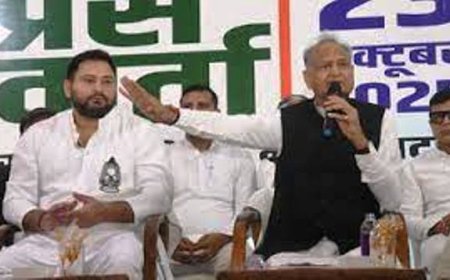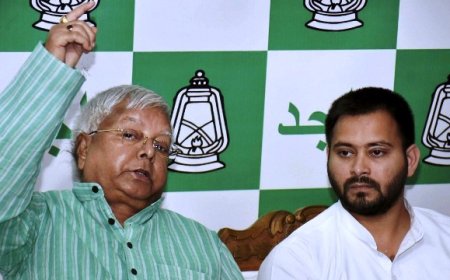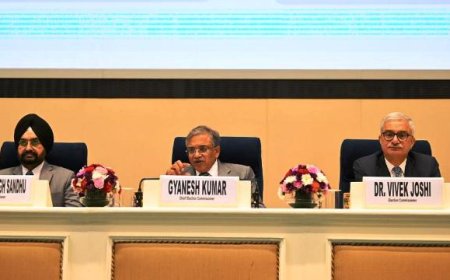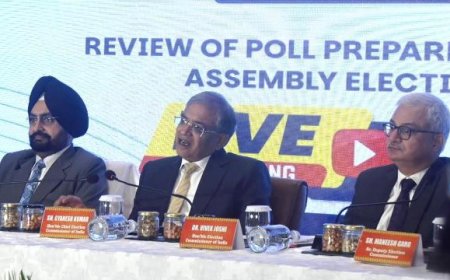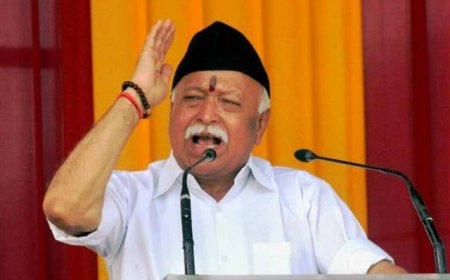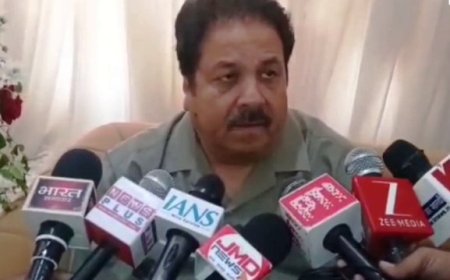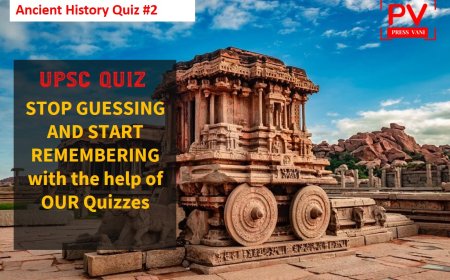Supreme Court Upholds States' Rights On Mineral Tax Royalty
The Supreme Court on Thursday, in a landmark judgment, revoked its earlier order and upheld the rights of states to impose royalty on mining and mineral-use activities.

The Supreme Court on Thursday, in a landmark judgment, revoked its earlier order and upheld the rights of states to impose royalty on mining and mineral-use activities. This will benefit mineral-rich states like Odisha, Jharkhand, Bengal, Chhattisgarh, Madhya Pradesh and Rajasthan, as their governments can now charge additional levies on mining companies operating in their territories.
In an 8:1 verdict, the bench led by Chief Justice of India DY Chandrachud, ruled that 'royalty' is not the same as 'tax' and said that states have the competence and power to impose royalty. Justice BV Nagarathna delivered the dissenting verdict.
The eight-judge verdict, read by the Chief Justice, said "royalty is a contractual (consideration) paid by the lessee to lessor" and that Parliament "does not have the power to tax mineral rights under Entry 50, List I. We hold that both royalty and debt rent don't fulfill the ingredients of tax," the Chief Justice said.
The verdict also said there is no provision in the MMDRA (the Mines and Minerals (Development and Regulation) Act) that "imposes limitations on the state to tax minerals".
Justice Nagarathna said allowing states to tax mineral rights would lead to "unhealthy competition between states to derive revenue... the national market could be exploited... this would lead to a breakdown of the federal system, in the context of mineral development".
The centre had argued only Parliament has the power to impose taxes on minerals. During today's hearing, the central government argued that states cannot impose taxes on mineral-bearing lands and that royalties levied by the Centre eventually go to them only.
The matter was the oldest pending nine-judge bench case before the top court, and it had reserved its judgment in the case on March 14.
Over three decades ago a seven-judge bench had said the centre is the primary authority under the MMDRA. This was in response to a dispute between the Tamil Nadu government and India Cements; the company had secured a mining lease from the state and was paying royalty.
The state then imposed a cess in addition to the royalty. The company argued a cess on the royalty amounted to a tax on royalty, which was beyond the remit of state governments.
The top court then held royalty as a tax and said "Such a cess on royalty, being a tax on royalty, is beyond the competence of the state legislature". But, 15 years later, a smaller bench, in a similar case between the Bengal government and a mining company, said the opposite. It claimed a typographical error in the 1989 verdict and said the phrase 'royalty is a tax' should be read as 'cess on royalty is a tax', and that the 1989 judgement held royalty is not a tax.
This matter has been in dispute since, with a clutch of 80+ petitions filed, and was finally referred to the Chief Justice Chandrachud-led nine-judge bench to decide if the 1989 verdict stands or there was, as the top court said in 2004, a typographical error in that ruling.
After today's hearing, several petitioners urged the Supreme Court to clarify that the verdict is prospective and won't affect past transactions. To this, the bench, agreed to keep the case on July 31 to provide a clarification on the matter.
What's Your Reaction?











